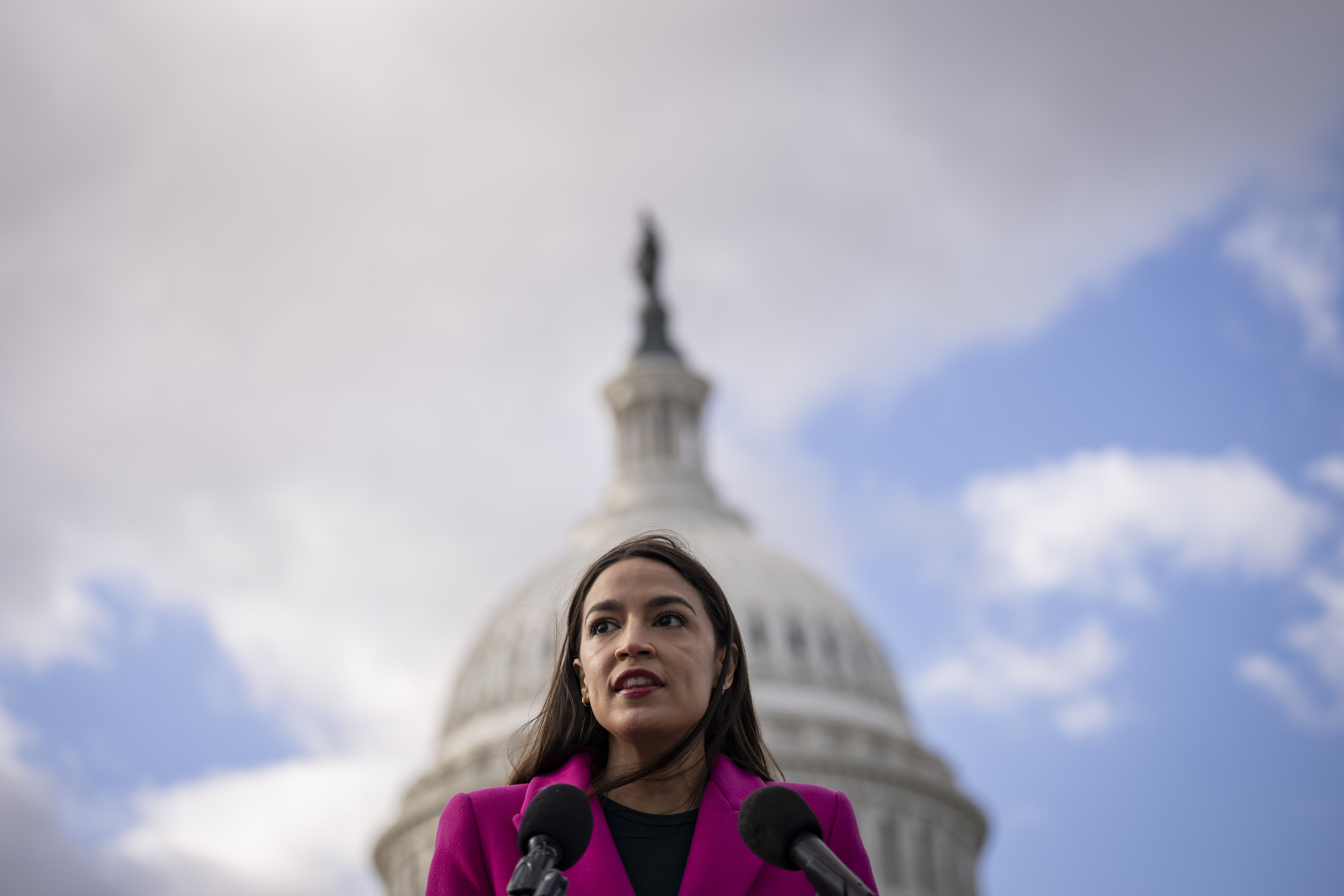Summary
Representative Alexandria Ocasio-Cortez warned that Trump’s mass deportation policy could lead to labor shortages and higher grocery prices.
Experts say agriculture, construction, and healthcare will be hardest hit, with farm output losses estimated between $30 and $60 billion.
Deportations could cost the U.S. economy up to $88 billion annually.
AOC argued that immigrant labor is vital to economic stability, urging Congress to pursue immigration reform.



It depends on the market. If producing less food with the same resources costs more, prices will rise–especially on large commercial farms, which dominate the U.S. agricultural sector.
For example, a farm designed to grow 10,000 acres of beans can’t simply reduce production to 5,000 acres due to lower demand and expect prices to drop. The unused 5,000 acres still incur costs, and farmers won’t absorb that loss–they’ll pass it on as higher prices.
Additionally, some grocery chains buy produce through futures contracts. If these chains sell their futures for a profit, they secure produce at a bargain, cutting into farming profits. This discourages farmers from offering futures in subsequent seasons, forcing grocers to buy bulk products at higher prices instead of securing cheaper futures.
The part you quoted from what I said was in reference to an agricultural buyer being lost. There are other reasons to anticipate the costs of inputs increasing, but I’m going through analyzing factor by factor (descending analysis) and all of a sudden we’re jumping back up to the top to talk about something else.
Re: grocery chains (not USAID) and futures contracts - not sure how this ties in either, we’re talking about USAID, which AFAIK does procurement through a bidding process for direct purchases, not via futures.